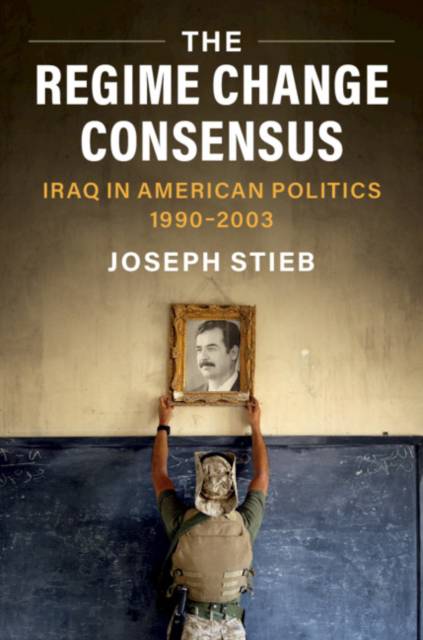
- Afhalen na 1 uur in een winkel met voorraad
- Gratis thuislevering in België vanaf € 30
- Ruim aanbod met 7 miljoen producten
- Afhalen na 1 uur in een winkel met voorraad
- Gratis thuislevering in België vanaf € 30
- Ruim aanbod met 7 miljoen producten
Zoeken
€ 86,45
+ 172 punten
Uitvoering
Omschrijving
Why did the United States invade Iraq, setting off a chain of events that profoundly changed the Middle East and the US global position? The Regime Change Consensus offers a compelling look at how the United States pivoted from a policy of containment to regime change in Iraq after September 11, 2001. Starting with the Persian Gulf War, the book traces how a coalition of political actors argued with increasing success that the totalitarian nature of Saddam Hussein's regime and the untrustworthy behavior of the international coalition behind sanctions meant that containment was a doomed policy. By the end of the 1990s, a consensus belief emerged that only regime change and democratization could fully address the Iraqi threat. Through careful examination, Joseph Stieb expands our understanding of the origins of the Iraq War while also explaining why so many politicians and policymakers rejected containment after 9/11 and embraced regime change.
Specificaties
Betrokkenen
- Auteur(s):
- Uitgeverij:
Inhoud
- Aantal bladzijden:
- 288
- Taal:
- Engels
- Reeks:
Eigenschappen
- Productcode (EAN):
- 9781108838245
- Verschijningsdatum:
- 8/07/2021
- Uitvoering:
- Hardcover
- Formaat:
- Genaaid
- Afmetingen:
- 152 mm x 229 mm
- Gewicht:
- 585 g

Alleen bij Standaard Boekhandel
+ 172 punten op je klantenkaart van Standaard Boekhandel
Beoordelingen
We publiceren alleen reviews die voldoen aan de voorwaarden voor reviews. Bekijk onze voorwaarden voor reviews.











